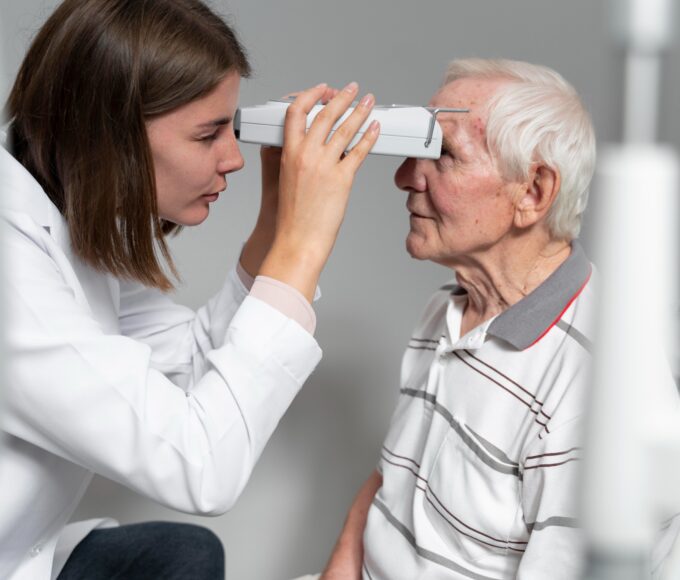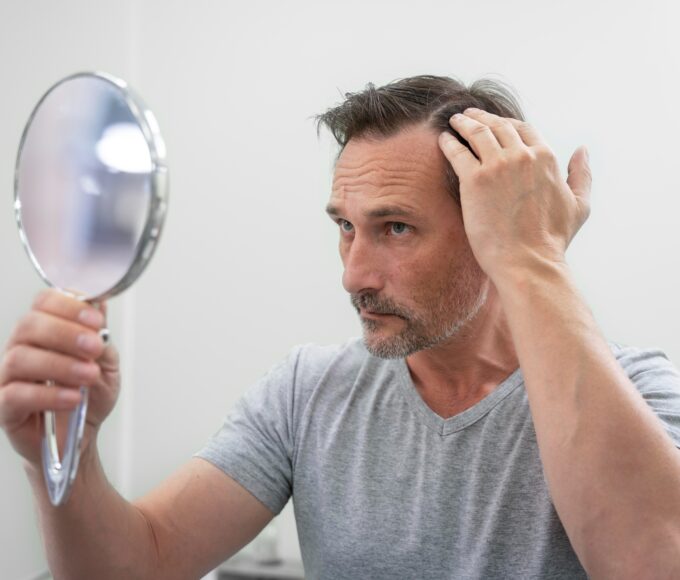When it comes to healthcare, misinformation can be harmful—especially in specialized fields like urology and nephrology. Many people delay or avoid treatment due to misconceptions about these branches of medicine. Whether it’s a hesitation to visit a Urologist In Chennai or uncertainty about seeing a Nephrologist In Chennai, understanding the truth is crucial to maintaining health. Let’s break down and debunk some of the most common myths surrounding urology and nephrology to help patients make better-informed decisions.
Myth 1: Urology Is Only for Men
Fact:
While urology is often associated with male health due to its involvement with the prostate and male reproductive system, it’s not exclusive to men. Urologists treat both men and women for a wide range of urinary tract issues, including bladder infections, kidney stones, urinary incontinence, and even cancers of the urinary tract. Women often visit urologists for pelvic floor disorders, recurrent urinary tract infections, and overactive bladder conditions. Children may also see pediatric urologists for congenital issues or bedwetting problems.
Myth 2: Nephrology and Urology Are the Same
Fact:
Though both specialties deal with kidney-related health, they serve different roles. Nephrology focuses on the medical management of kidney diseases, such as chronic kidney disease (CKD), dialysis management, and electrolyte imbalances. On the other hand, urology deals more with surgical and structural issues of the urinary system, such as kidney stones, tumors, and obstructions. The collaboration between the two specialties ensures a well-rounded approach to kidney health, but their core focuses are distinct.
Myth 3: Only the Elderly Suffer From Kidney or Urinary Issues
Fact:
Age is just one risk factor among many. Kidney diseases, urinary tract infections, and bladder control problems can affect people of all ages. Young adults may experience issues due to genetics, infections, or injuries, while children might be diagnosed with congenital kidney or urinary abnormalities. Delaying treatment simply because you think you’re “too young” for such issues can worsen the condition. Early diagnosis is key, regardless of age.
Myth 4: Drinking Excessive Water Prevents All Kidney and Bladder Problems
Fact:
Staying hydrated is certainly beneficial for overall health, but more isn’t always better. Drinking too much water can lead to a condition called hyponatremia (low sodium levels), which can be dangerous. Additionally, excessive fluid intake doesn’t always prevent kidney stones or urinary infections. Preventative care depends on various factors including diet, family history, and pre-existing conditions. A proper fluid balance tailored to individual needs is essential.
Myth 5: Blood in Urine Is Always Due to a Urinary Tract Infection
Fact:
While a urinary tract infection (UTI) is a common cause of blood in urine (hematuria), it’s far from the only explanation. More serious issues like bladder or kidney cancer, kidney stones, or even trauma can cause hematuria. If you notice any blood in your urine, it’s critical to seek medical evaluation instead of assuming the cause. Self-diagnosing or delaying care can result in complications.
Myth 6: Dialysis Means You’re Near Death
Fact:
Many people associate dialysis with end-of-life care, but this is a harmful misconception. Dialysis is a life-saving treatment for people whose kidneys can no longer function adequately. It allows patients to live productive lives and can be a temporary solution until a kidney transplant is possible. Some patients are on dialysis for many years and continue to work, travel, and enjoy life. Advances in technology and medical care have significantly improved the quality of life for dialysis patients.
Myth 7: Urologists Only Perform Surgery
Fact:
Urologists do perform surgeries, such as those for kidney stones, enlarged prostates, or tumors, but they also provide medical treatment for a variety of conditions. These include urinary tract infections, overactive bladder, infertility, and erectile dysfunction. Non-surgical interventions such as medications, behavioral therapies, and lifestyle modifications are often the first line of treatment.
Myth 8: Nephrologists Only See Patients on Dialysis
Fact:
While dialysis management is a significant part of nephrology, nephrologists treat a wide range of kidney-related conditions long before dialysis becomes necessary. They manage chronic kidney disease, monitor kidney function, address high blood pressure caused by kidney issues, and help prevent progression to kidney failure. Early referral to a nephrologist can often delay or completely avoid the need for dialysis.
Myth 9: Once You Have a Kidney Stone, You’ll Keep Getting Them
Fact:
Kidney stones can be a recurring issue for some people, especially those with genetic predispositions or poor dietary habits. However, they are not inevitable. With proper guidance from a healthcare provider, including dietary changes, fluid intake monitoring, and medications if needed, the risk of recurrence can be significantly reduced. Each person’s case is different, and personalized management is effective in preventing future episodes.
Myth 10: Erectile Dysfunction Is Just a Natural Part of Aging and Not Treatable
Fact:
While age can be a contributing factor, erectile dysfunction (ED) is often a symptom of an underlying condition such as diabetes, heart disease, or low testosterone. Urologists are well-equipped to identify and treat the root cause of ED. Ignoring ED as an “age thing” can delay treatment for other potentially serious health problems. Today, there are multiple effective options for managing ED.
Conclusion: Accurate Knowledge Leads to Better Health Choices
Urology and nephrology are critical medical fields that play a key role in overall health, particularly for the urinary system and kidneys. By debunking these common myths, individuals can become more proactive in seeking the right care, at the right time. Whether it’s visiting a Urologist In Chennai for recurring bladder issues or consulting a Nephrologist In Chennai for managing chronic kidney disease, being informed helps eliminate unnecessary fears and leads to timely treatment. Trusting medical professionals and not myths is the first step toward better health and well-being.















Leave a comment